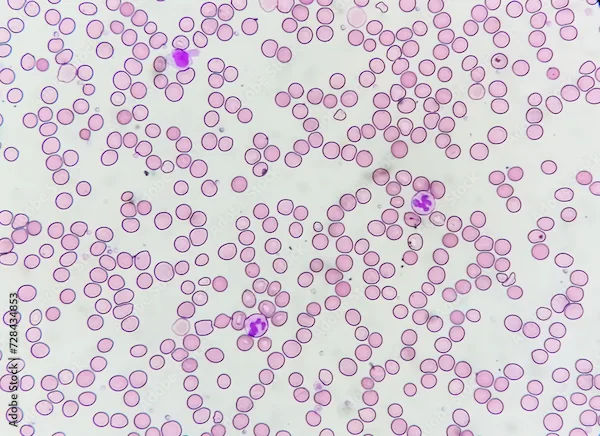Right Eye Flickering: Causes and Solutions
Know about right eye flickering and discover its common causes, from stress to nutritional deficiencies, and explore effective remedies and medical solutions.

Written by Dr. Shaik Abdul Kalam
Reviewed by Dr. Vasanthasree Nair MBBS
Last updated on 21st Aug, 2025

Introduction
Have you ever experienced a sudden, uncontrollable flickering or twitching in your right eye? While it may feel strange or concerning, eye flickering, also known as eyelid twitching is usually harmless and temporary. However, understanding why it happens and when to seek help can give you peace of mind.
In this article, we’ll explore the common causes of right eye flickering, when it might signal a bigger issue, and simple solutions to ease the discomfort.
What Is Right Eye Flickering?
Eye flickering, also known as myokymia, is an involuntary spasm of the eyelid muscles, most commonly the lower lid of one eye. While it can happen in either eye, some people notice it more in their right eye. These twitches are usually mild but can be annoying if they persist.
Health topic carousel:
Doctor's speciality: Ophthalmology
Text: Consult a Top Eye Specialist for the best advice
Common Causes of Right Eye Flickering
Most cases of eye twitching are harmless and resolve on their own. Here are some common triggers:
1. Stress and Fatigue
High stress levels can cause muscle tension, including in the eyelids.
Lack of sleep or exhaustion can also lead to frequent twitching.
2. Excessive Caffeine or Alcohol
Too much coffee, tea, or energy drinks can overstimulate nerves, causing twitching.
Alcohol consumption may dehydrate the body, leading to muscle spasms.
3. Eye Strain
Prolonged screen time (computers, phones, TV) without breaks can strain eye muscles.
Reading in poor light or not wearing prescribed glasses can also contribute.
4. Dry Eyes
Insufficient tear production or excessive screen use can dry out the eyes, leading to irritation and twitching.
5. Nutritional Deficiencies
Low levels of magnesium, potassium, or vitamin B12 can cause muscle spasms, including in the eyelids.
6. Allergies or Irritation
Rubbing your eyes due to allergies, dust, or smoke can trigger twitching.
7. Medications
Some medications, especially those for allergies or mental health, may list eye twitching as a side effect.
When Should You Worry?
While most eye twitches are harmless, consult a doctor if you experience:
Persistent twitching (lasting weeks or months).
Twitching that spreads to other parts of the face.
Swelling, redness, or discharge from the eye.
Drooping eyelid or difficulty closing the eye fully.
These could indicate conditions like blepharospasm (chronic eyelid spasms), Bell’s palsy, or neurological disorders, which require medical attention.
How to Stop Right Eye Flickering?
1. Reduce Stress
Practice relaxation techniques like deep breathing, meditation, or yoga.
Get adequate sleep (7 to 9 hours per night).
2. Limit Caffeine & Alcohol
Cut back on coffee, tea, or energy drinks.
Stay hydrated with water instead.
3. Follow the 20-20-20 Rule (For Eye Strain)
Every 20 minutes, look at something 20 feet away for 20 seconds.
Use artificial tears if your eyes feel dry.
4. Improve Your Diet
Eat magnesium-rich foods such as bananas, almonds, spinach, and whole grains.
Include potassium sources like oranges, sweet potatoes, and yogurt.
Consider a vitamin B12 supplement if deficient.
5. Warm Compress
Apply a warm washcloth to your closed eyelid for 5 to 10 minutes to relax muscles.
6. Avoid Eye Irritants
Wear sunglasses outdoors to protect against wind and dust.
Reduce screen brightness and use blue light filters.
When to See a Doctor?
If your right eye flickering persists despite lifestyle changes or is accompanied by other symptoms, it’s best to consult an eye specialist. Conditions like blepharospasm or hemifacial spasm may require treatments like Botox injections or medication.
Final Thoughts
Right eye flickering is usually nothing to worry about and often goes away on its own. Simple changes like reducing stress, improving sleep, and adjusting your diet can help. However, if the twitching is persistent or severe, don’t hesitate to seek medical advice.
Health topic carousel:
Doctor's speciality: Ophthalmology
Text: Consult a Top Eye Specialist for the best advice




